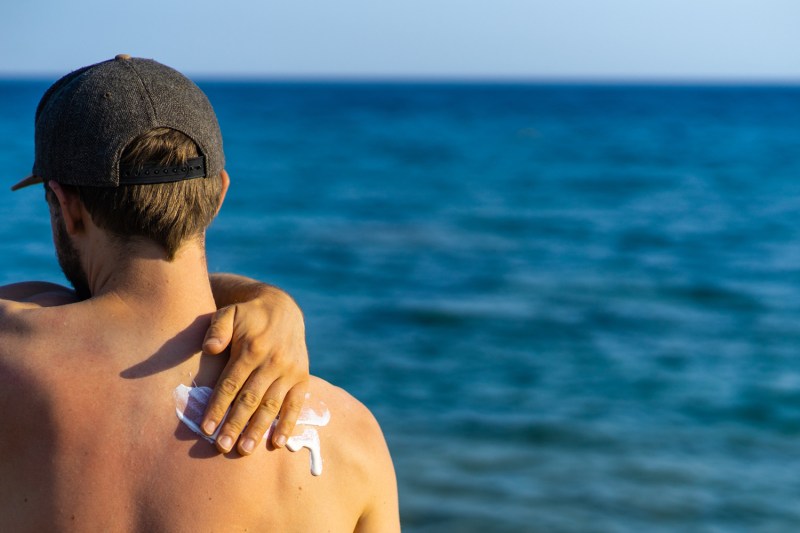The importance of sunscreen cannot be overstated, especially during summer when the sun’s rays are at their strongest and people are inclined to spend more time outdoors. We have no problem remembering to slather sunscreen on your face and body before a day at the beach, but we shouldn’t skimp on sun protection prior to other outside activities like a jog at the park or brunch al fresco. We should also be reapplying sunscreen every two hours — or more frequently if we’re working out and sweating a lot.
Unfortunately, layers of sunscreen can make our skin greasy and prone to breakouts. Reapplying SPF can leave stubborn stains on our clothes, too. Yes, these are valid annoyances, but they’re not reasons to ditch sunscreen altogether, especially since the alternatives to going sans sun protection are much worse by comparison. These risks include a painful sunburn, irreversible wrinkles, and an increased risk for skin cancer.
Knowing how to remove sunscreen from your skin and clothes will go a long way in saving your complexion and preserving your favorite outfits. Most importantly, you won’t be deterred from (re)applying sunscreen for the sake of preventing breakouts and stains. Here are the steps you can take to make sure you completely wash off whatever sunscreen you have left on your skin and clothes after a long day outdoors.
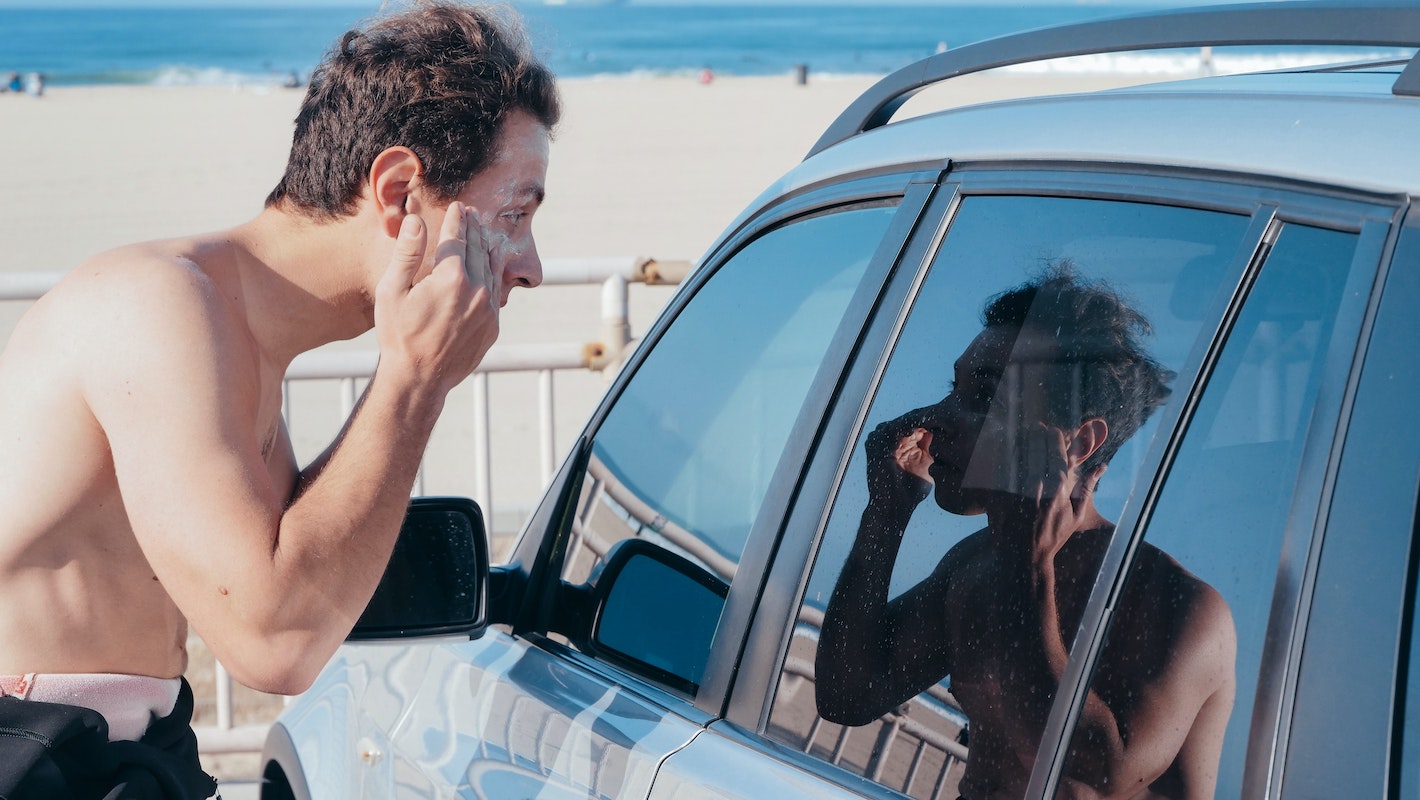
How to remove sunscreen from your skin
Why does sunscreen leave our skin feeling greasy and acne-prone? According to New York-based cosmetic dermatologist Dr. Kenneth Mark, “The sun itself makes our skin cells reproduce more rapidly yet they do not shed more rapidly,” which he says yields “the perfect storm for clogging pores.”
In other words, layers of sunscreen plus considerable time in the sun equals a buildup of product, dirt, oil, and dead skin over time. To effectively remove sunscreen and other surface-level pollutants from your face, you’ll want to double cleanse.
Start by using an oil-based cleanser formulated with surfactants and emulsifiers that will lift away sunscreen plus other cosmetics you may have been wearing throughout the day. Follow up with a gentle water-based cleanser that will thoroughly clean your skin and remove any pore-clogging residue leftover from the previous step. Pat your face dry with a soft towel, then follow up with a toner and a moisturizer that suits your skin.
As for removing sunscreen from the rest of your body, you’ll still want to opt for an oil-based cleanser like castile soap or shea butter soap. You can also use a loofah or body scrub glove to slough off sunscreen and gently exfoliate your skin in the process. Rinse, pat dry, then follow up with your favorite body lotion.

How to remove sunscreen from your clothes
If you apply sunscreen before changing into your bathing suit or outfit for the day, some of that lotion may transfer onto the fabric and eventually stain. Even if you’re careful in reapplying your sunblock, a tiny bit of it could still land on your clothes. Sunscreen stains are tough to remove from fabric, but it is possible to salvage your favorite summer outfits and swimsuits.
Try to remove excess sunscreen from your clothing as soon as you can. Cassandra Kuzneski, founder of sustainable swimwear line Cassea Swim, says that sunscreens and body lotions “easily work their way into clothing … the longer they set into the fabric, the more damage they will do to the color.”
When you get home, immediately change into another outfit and throw your sunscreen-soiled clothes in the wash. It helps to spot treat any sunscreen splotches with a stain remover that’s specially formulated to cut through grease and oil before properly washing your clothes. Barring that, you can use baking soda or cornstarch to absorb excess oils; dust either one over sunscreen stains and let sit for 15 to 30 minutes before brushing off and washing your clothes per usual.
If a sunscreen stain just won’t budge, there are other options to pursue. Kuzneski recommends submerging stained swimsuits or clothing in cold water with a quarter cup of white vinegar for 30 minutes. Meanwhile, a common home remedy for removing sunscreen from white clothing is lemon juice. Spray lemon juice on the affected area, then hang your clothes outside on a sunny day. This combo acts as a natural bleaching agent.
5 products to remove sunscreen from your skin and clothes
DHC Deep Cleansing Oil
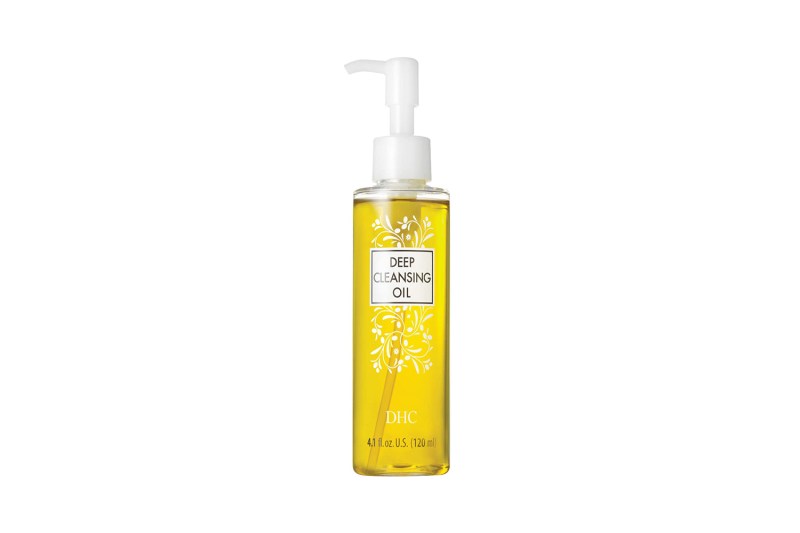
The well-rated oil cleanser from Japanese skincare brand DHC effectively melts away sunscreen and other surface-level impurities with a blend of olive oil, rosemary leaf oil, and vitamin E. Make this the first step in your sunscreen removal routine.
Paula’s Choice Optimal Results Hydrating Cleanser
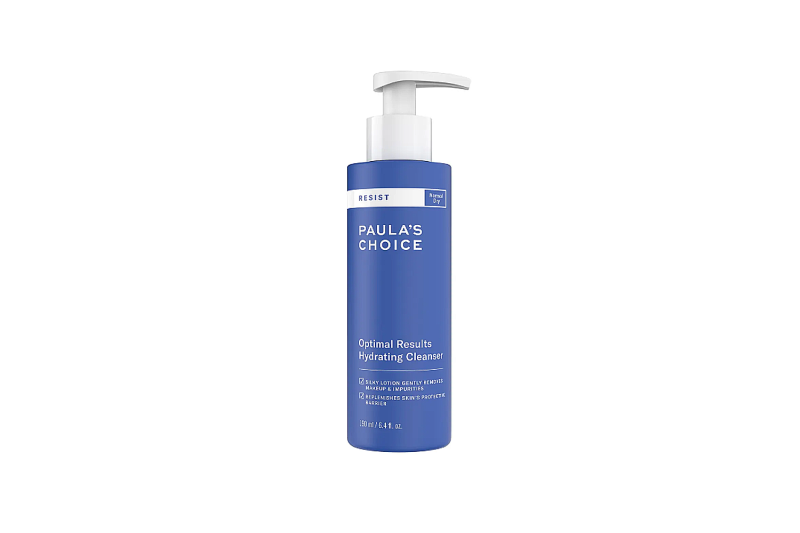
This award-winning facial cleanser is a creamy water-based formula. Follow your oil-based formula with this hydrating cleanser that will remove sunscreen and impurities without leaving your skin tight or dry.
Dr. Bronner’s Pure Castile Liquid Soap
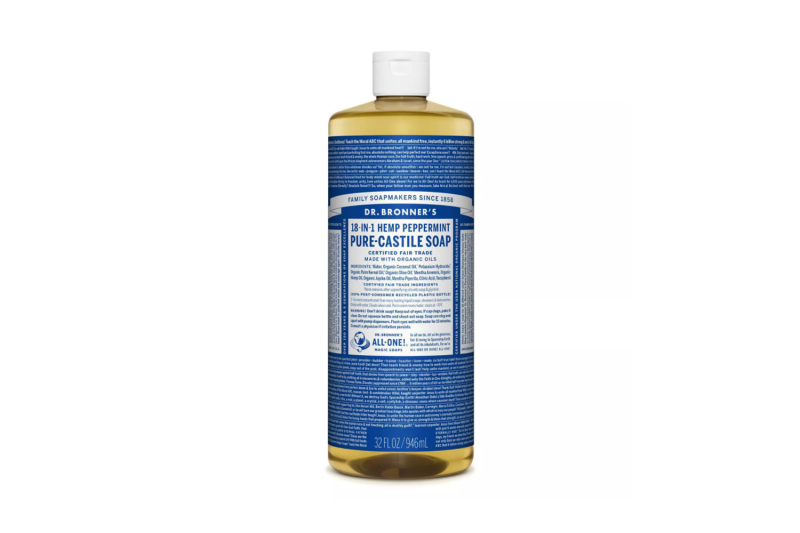
Castile soap can be used to wash your body, laundry, dishes, or even pets. The blend of organic oils in this formula from Dr. Bronner’s will help break down sunscreen and other impurities. Should you use it as a body wash, remember to follow up with a moisturizer as it can be quite drying.
AmazerBath Shower Sponge Back Scrubber

This scrubber includes an extra-long handle so you can remove sunscreen from your back and other hard-to-reach places much more easily. The loofah itself is knotted extra tight to prevent it from unraveling, as most loofahs are prone to do.
Cetaphil Gentle Waterproof Makeup Remover
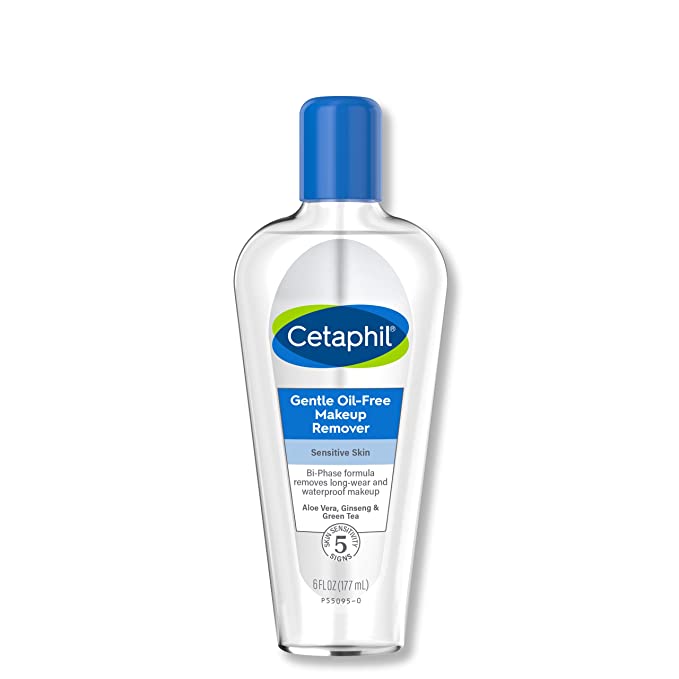
Though experts suggest trying an oil-based cleanser, that may not work for everyone. People with oily skin may be hesitant, or it may irritate sensitive types. Cetaphin’s waterproof, oil-free cleanser is also fragrance-free — another win for sensitive skin. Aloe vera, ginseng, and green tea are soothing ingredients.
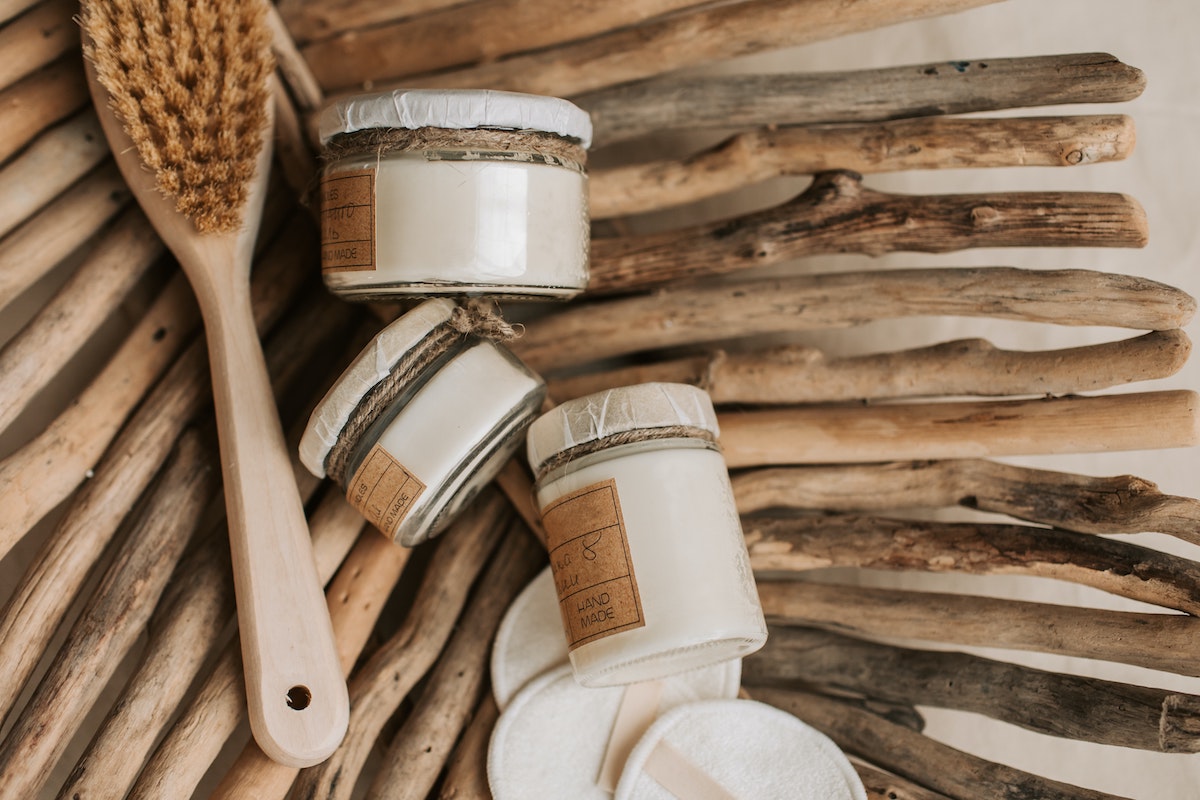
Can normal cleanser remove sunscreen?
Likely, yes. A normal cleanser should remove sunscreen from your skin. That said, some experts suggest using an oil-based cleanser with surfactants and emulsifiers. These ingredients work to remove sunscreen and any other products like cosmetics you used on your face that day. Then, complete the double cleanse with your usual gentle cleanser and body wash. This step is essential to ensuring you nix not only sunscreen but other dirt (or sand) and bacteria, preventing clogged pores, breakouts and irritation.
If you don’t feel like your regular cleanser is cutting it when you wear sunscreen, you might give the double cleanse a shot.
